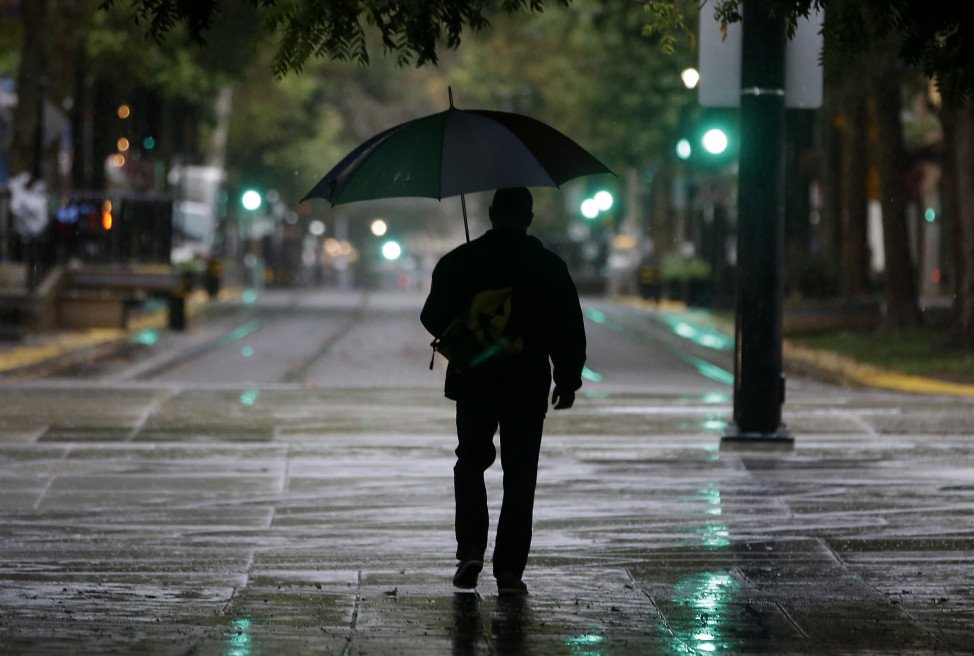
Americans fear walking alone at night more than anything else, according to a recent study. (AP Photo)
Americans might be in an uproar about Ebola, but what we fear most is walking alone at night, according to the first comprehensive nationwide study on the subject.
California-based Chapman University questioned 1,500 people from across the United States to reach its conclusions. The survey found that the top five things that scare Americans the most are: walking alone at night, becoming the victim of identity theft, Internet safety, being the victim of a mass/random shooting, and public speaking.
The researchers pared the information they gathered into four general categories: personal fears, natural disasters, fear factors and crime.
“A majority of Americans not only fear crimes such as, child abduction, gang violence, sexual assaults and others; but they also believe these crimes (and others) have increased over the past 20 years,” said Dr. Edward Day, who led the crime portion of the research and analysis, in a press release. “When we looked at statistical data from police and FBI records, it showed crime has actually decreased in America in the past 20 years.”
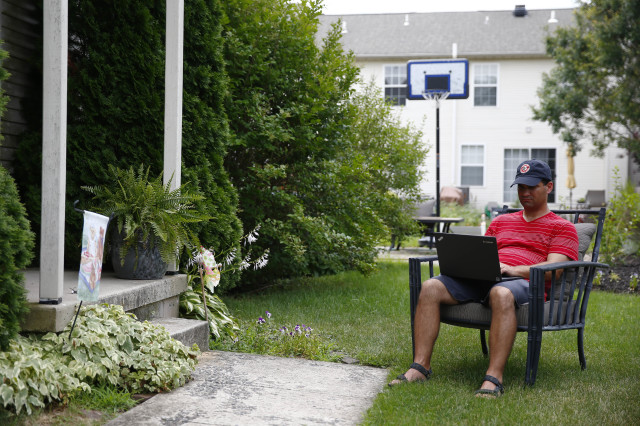
Concerns about Internet security are a chief worry for Americans, according to a Chapman University survey. (AP Photo)
The survey also looked at what Americans worry about most. Many of those concerns center around online activity; people worry about both government and corporate surveillance of their Internet activity.
Americans’ other top worries include running out of money and becoming ill in the future.
And even though we are uneasy about natural disasters like tornadoes, hurricanes and earthquakes, only 25 percent of us have a disaster preparedness kit — an emergency supply of food, water, clothing and medical supplies.
“We are conducting follow-up studies to examine why so many Americans remain unprepared despite lessons learned from recent natural disasters,” said Dr. Ann Gordon, one of the lead researchers, in the press release. “And, we are also taking a closer look at ‘preppers’—a community that takes preparedness to the extreme.”
The researchers even came up with an analysis of what types of people tend to fear certain things. Being less educated and watching a lot of television were the most consistent predictors of fear, according to the survey.

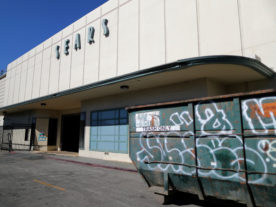
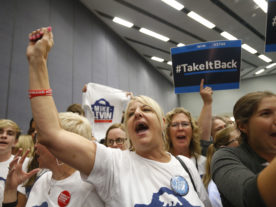


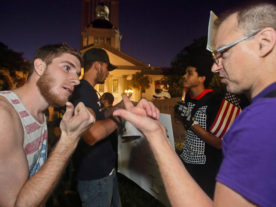


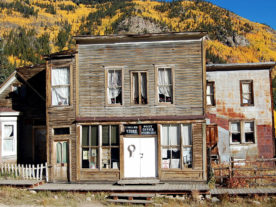
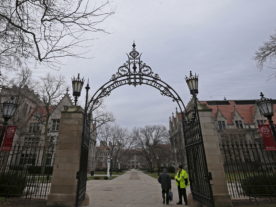

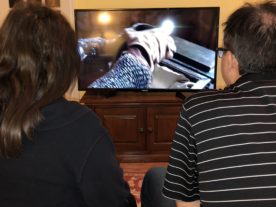
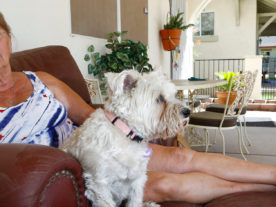

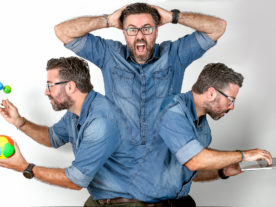


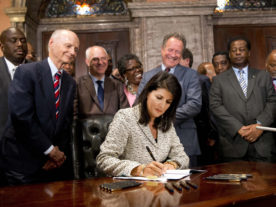
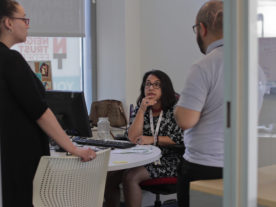
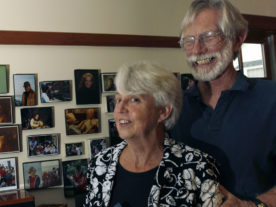


Did or should this study distinguish between what Americans fear for themselves, for their loved ones and all others? (I fear conflation.)
That Chapman survey really measured what the most Americans fear, not what they fear most. See:
http://joyfulpublicspeaking.blogspot.com/2014/10/what-do-most-americans-fear-chapman.html
Very well said in just one sentence, Richard. I fully agree. The survey people can manipulate and miss lead public.
Dora:
The Chapman University press release was completely wrong about what the survey had measured, and so is the headline you borrowed from it. Really it was what the most Americans fear, since the results are reported as percentages. Measuring what Americans fear most would instead have required asking them to rank each fear on a scale (say from zero to five), which is something psychologists have been doing for decades with what are called Fear Survey Schedules.
Richard
The fact that so many Americans fear walking alone at night at a time when crime has actually decreased is probably the result of the media’s incessant “culture of fear” message. We are being manipulated to become a nation of “drama queens” which just makes us more prone to fascism. The solution? Kill your television.
Agreed.
What I fear the most is that these kind of people vote, and that’s how the rest of us end up with a kindergarten teacher telling us “since little Jim is afraid, we need more cops on the street. Consequentially, we all get punished by having to deal with that “army”.
In Africa, what we fear most is what American got for granted;(lack of) food. I do travel from one village to another mainly in the middle of the night. Wild animals do not scare us.
Xaaji Dhagax obviously does not live in South Africa, where wild animals and the human population suffer the same fate: violent criminals pillaging and murdering with virtual impunity. We have equal reason to fear walking at night and staying at home.
My main worry is if an American has no job.
If you have a job, you have all.
I worry about all the gun nuts who own caches of weapons; I worry about being left dead in the desert, left there by the USBP. I worry that some meth addict will eventually break into my home; they’ve tried 4-5 times. I only travel in a car at night., and I do not go for a walk after dark.